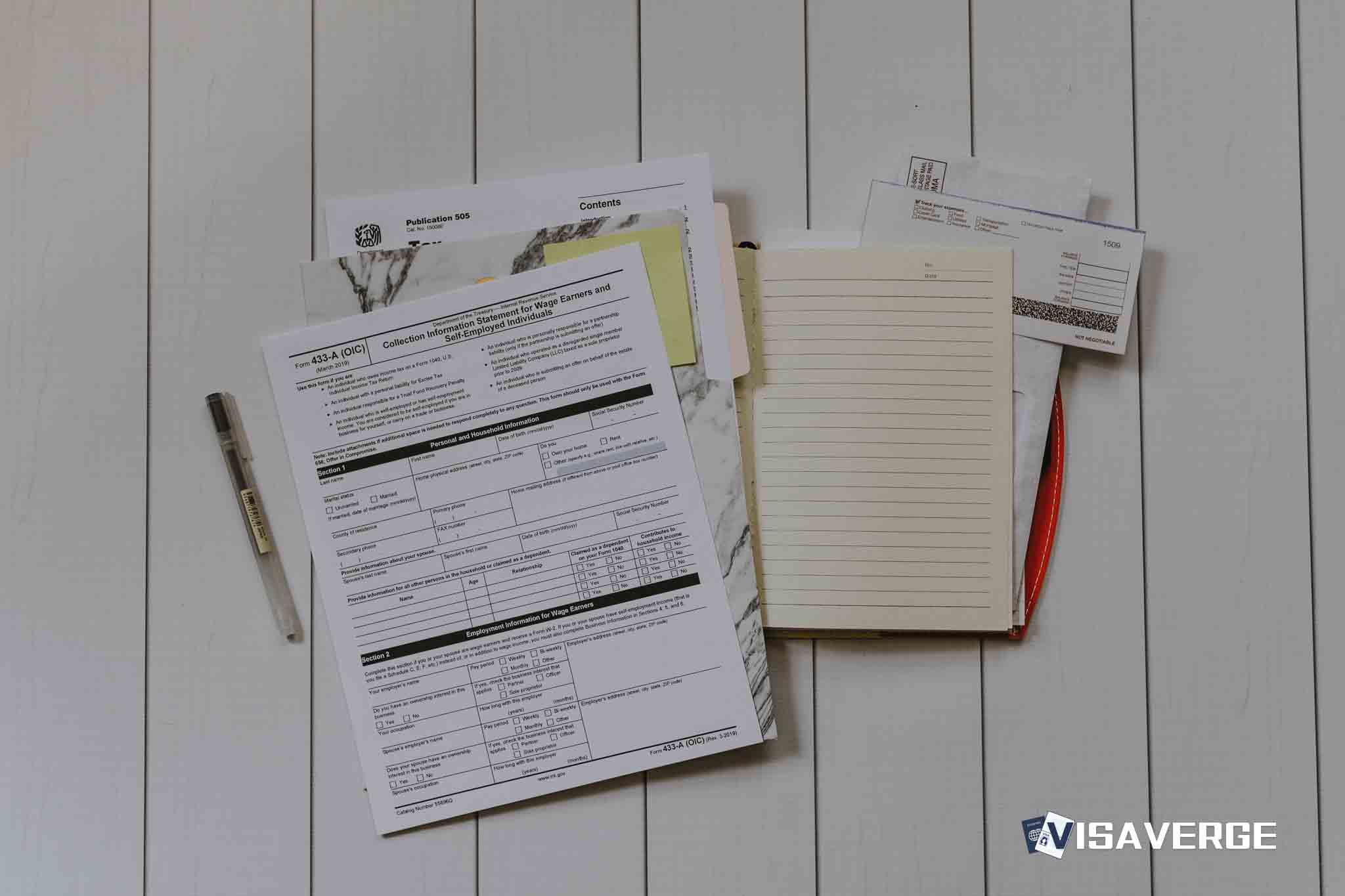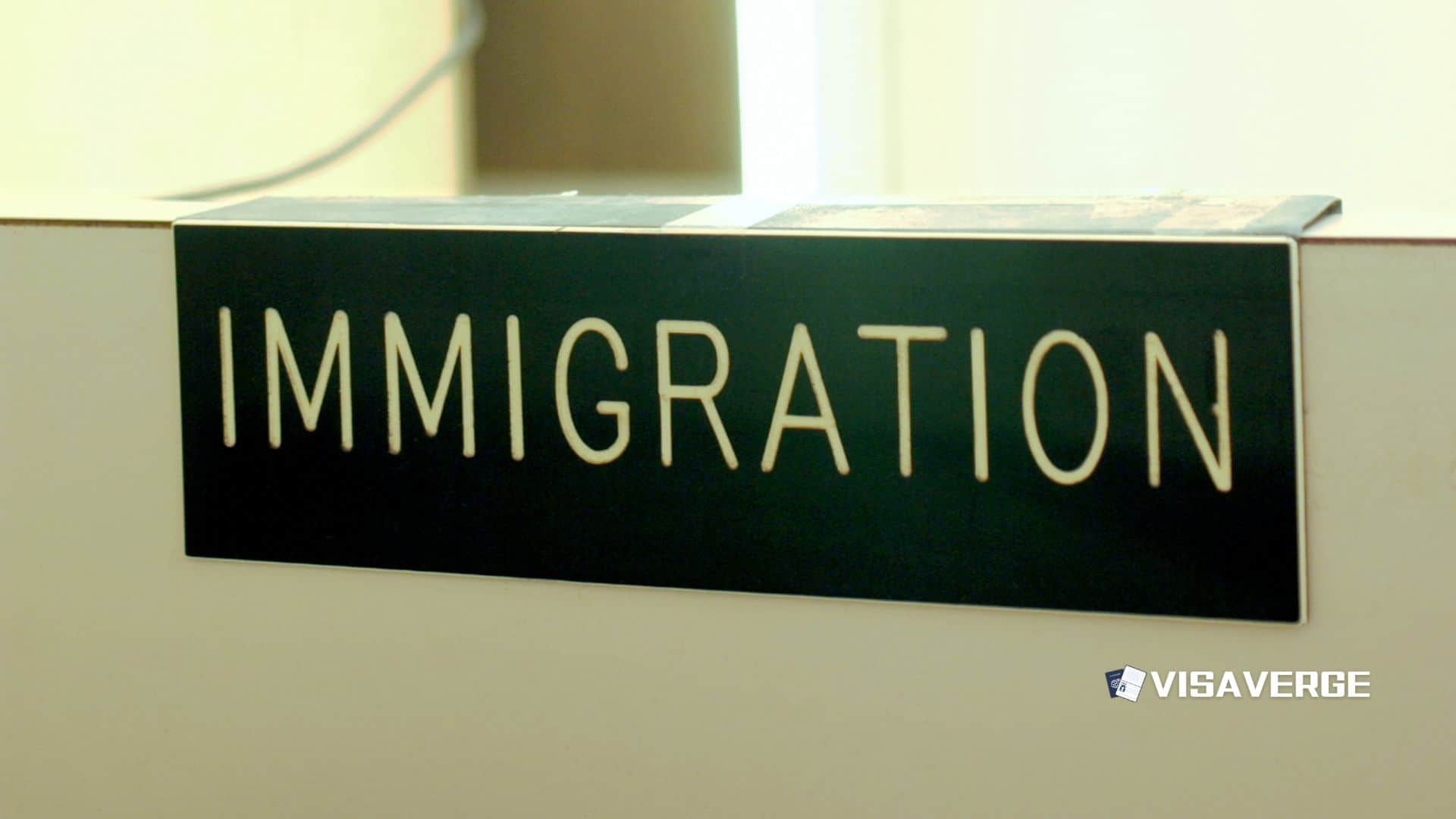Many newcomers to the United States file taxes for the first time while also dealing with visas, green cards, or naturalization plans. One helpful rule to know: some types of money are not taxed by the federal government. Using these legal exclusions can lower your taxable income and keep your return accurate.
Three common examples many immigrants ask about are municipal bond interest, the gain on sale of a main home, and discharge of debt due to bankruptcy. Below is a clear guide on who can claim these exclusions, how they work, what paperwork to keep, and how to show them on your U.S. tax return.

Who can use these federal income exclusions
- Anyone who files a U.S. federal tax return, including many noncitizens, may qualify if they meet the specific rules for each exclusion.
- You may file Form 1040 (resident for tax purposes) or Form 1040‑NR (nonresident for tax purposes), depending on your situation.
- Exclusions apply only when the law says they do. You must meet the exact rule for that item (for example, the home sale gain exclusion has ownership and use tests and dollar limits).
- Some exclusions help people working outside the United States. The foreign earned income exclusion allows up to $120,000 per qualifying person in 2023 to be excluded if you meet strict overseas residence or physical presence tests.
According to analysis by VisaVerge.com, new filers often miss lawful exclusions that would reduce taxable income, especially when their finances changed after moving, studying, or starting work in the U.S.
Eligibility rules and real‑world examples
Municipal bond interest
- What it is: Interest from bonds issued by a state, the District of Columbia, a U.S. possession, or their political subdivisions for a public purpose is generally excluded from federal income tax.
- Who qualifies: Anyone who receives this kind of interest and files a U.S. return can use the exclusion if the bond serves a public purpose.
- Key details:
- Even if the interest is tax‑exempt, any capital gain or loss from selling the bond can be taxable.
- Political subdivisions include port authorities, toll road commissions, utility service authorities, community redevelopment agencies, and certain volunteer fire departments (for obligations issued after 1980).
- Not all municipal bond interest is exempt. If bond funds mainly private activities (like a for‑profit hospital or sports arena), it can be a private activity bond. Interest from a nonqualified private activity bond is taxable.
- Interest from a qualified private activity bond is tax‑exempt but counts as a preference item for the Alternative Minimum Tax (AMT).
- Your Form 1099 will list tax‑exempt interest separately and identify qualified private activity bond interest—this is important for AMT.
- Example: Interest from a bond to finance a public bridge is exempt. Interest from a bond to build a new sports arena is taxable. You report both on Form 1040 but exclude the exempt portion from income.
Gain on sale of main home
- What it is: If you sell your main home, you can exclude up to $250,000 of gain ($500,000 for qualifying married filers) if you meet the ownership and use tests.
- Who qualifies: Sellers who owned and lived in the home as their main residence long enough to meet the law’s tests.
- Example: A couple who used a house as their main home and meets the qualifying rules can exclude up to $500,000 of gain. If they have no taxable gain after the exclusion, they may not owe tax on the sale.
Discharge of debt due to bankruptcy
- What it is: Debt canceled in a Title 11 bankruptcy case is excluded from income.
- Who qualifies: Taxpayers whose debts are discharged in a bankruptcy proceeding under Title 11.
- Example: If a court discharges credit card debt in a Title 11 bankruptcy, that canceled amount is excluded and not taxed as income.
Other important discharge of indebtedness rules
- Discharge due to insolvency: If your liabilities exceed your assets immediately before cancellation, the canceled amount may be excluded up to the level of insolvency.
- Certain student loans:
- Excluded when canceled in exchange for service (for example, certain public service programs).
- Excluded due to death or total and permanent disability for discharges after December 31, 2017, and before January 1, 2026 (Tax Cuts and Jobs Act of 2017).
- Excludes many discharges that would otherwise be income for amounts discharged after December 31, 2020, and before January 1, 2026 (American Rescue Plan Act of 2021).
- Qualified principal residence indebtedness: Debt used to buy, build, or improve your main home and secured by that home can be excluded up to $750,000 ($375,000 if married filing separately) for debt discharged 2021 through 2025 when tied to a drop in home value or your financial condition.
- Qualified real property business indebtedness: For debt used to acquire, construct, or improve business real property, or to refinance business real property acquired before 1993.
- Qualified farm indebtedness: Applies if the debt is directly related to farming and more than 50% of gross receipts for the past three years came from farming.
- Price reduction by seller: If the seller reduces what you owe (and you’re not bankrupt or insolvent), you generally reduce your property’s basis by the same amount (see §108(e)(5)) rather than include income.
Other exclusions many immigrants ask about
- Social Security benefits: At least 15% is excluded because up to 85% may be taxable.
- Employee achievement awards: Up to $1,600 for length of service or safety awards may be excluded.
- Clergy housing allowance: A reasonable allowance may be excluded.
- Military and government disability pensions: Excluded if not based on years of service.
- Veterans benefits: Excluded when paid under laws or programs run by the Department of Veterans Affairs.
- Gifts and inheritances: Generally excluded.
- Scholarships and fellowships: Excluded if used for qualified education costs.
- Coverdell ESA and 529 plan distributions: Excluded when used for qualified educational expenses.
- Interest on Series EE and I bonds: Excluded when used for qualified higher education expenses.
- Workers’ compensation: Excluded for occupational sickness or injury under the Workers’ Compensation Act.
- Compensation for sickness or injury: Certain lawsuit damages and insurance benefits are excluded when you paid the premiums or they reimburse medical care.
- Welfare or public assistance: Excluded unless tied to payment for services or obtained fraudulently.
- Life insurance proceeds and accelerated death benefits: Death benefits are generally tax‑free; certain payments to the terminally or chronically ill are excluded.
- Casualty insurance: Settlements for damaged or stolen property are excluded; payments for living costs above your actual temporary increase are taxable.
- Qualified disaster relief payments: Excluded for specific events, including federally declared disasters.
- Property transfers in divorce: No gain is recognized on transfers to a spouse; later sales may be taxable.
- Child support and foster care payments: Generally excluded.
- Accountable plan reimbursements: Travel and meal costs repaid by an employer under an accountable plan are excluded when you provide records and return any excess.
Documents to keep and how to show them
Keep clear records to support each exclusion:
- Municipal bonds:
- Form 1099 showing tax‑exempt interest, trade statements, and proof of purchase and sale price for any capital gain.
- Home sale:
- Closing disclosure, purchase and sale records, home improvement receipts, and documents showing use as your main home.
- Discharge of debt due to bankruptcy or insolvency:
- Bankruptcy court documents, lender letters, and balance sheets proving assets and liabilities when the debt was canceled.
- Student loan discharges:
- Lender or program letters showing the reason and date of discharge (service, death, or disability).
- Benefits and insurance:
- Official statements (for example, SSA forms, insurance claim letters, or VA letters).
- Education accounts and bonds:
- Statements proving qualified education expenses match distributions.
For a full list of taxable and nontaxable income categories, see the IRS’s official guidance at: https://www.irs.gov/publications/p525
Step‑by‑step: Reporting on your tax return
- Municipal bond interest
- Report all interest as required on Form 1040.
- Exclude the tax‑exempt portion from income, but show it in the space for tax‑exempt interest.
- If you sold a bond, report any capital gain or loss as required.
- Watch Form 1099 for “private activity bond interest.” If it’s from a qualified private activity bond, it’s a preference item for AMT.
- Gain on sale of main home
- Figure your gain: selling price minus your adjusted basis (purchase price plus improvements, minus adjustments).
- Apply the exclusion up to $250,000 ($500,000 for qualifying married filers) if you meet the rules.
- Discharge of debt due to bankruptcy or insolvency
- Keep court papers and creditor notices to show the discharge type and date.
- Use the exclusion for canceled debt in a Title 11 bankruptcy case or to the extent you were insolvent right before cancellation.
Practical tips for immigrants and visa holders
- Plan before major events. If you’re considering selling your main home, review the dollar limits and timing so you can meet the residence tests for the gain exclusion.
- Read your Form 1099 carefully. For municipal bond interest, the statement will separate tax‑exempt interest and may flag qualified private activity bond interest for AMT. Save this form with your return.
- Keep a “proof” folder. Store closing statements, lender letters, benefit notices, and medical or education receipts in one place. Good records make it easier to claim the exclusion you’re allowed.
- Watch special student loan rules. From late 2017 through 2025 (and provisions from 2020 through 2025), many discharges are excluded when they fit the law’s categories.
- If you had a hard year financially, check the insolvency rule before reporting canceled debt as income. Compare your total debts and assets right before cancellation.
- If you work abroad, learn about the foreign earned income exclusion. Meeting the residence or physical presence tests can shield a large amount of income, but the rules are strict.
- When immigration applications ask for tax returns, remember that excluded items reduce taxable income on the return. If your taxable income looks lower because of lawful exclusions, consider adding a brief cover note when you submit copies of returns in an immigration file so the numbers are not misunderstood.
Used correctly, these exclusions keep your tax return accurate and can make a real difference in your yearly budget while you settle into life in a new country.
This Article in a Nutshell
Newcomers can cut federal tax liability by claiming specific exclusions: municipal bond interest, main-home sale gain, and bankruptcy debt discharge. Keep Form 1099s, closing records, and bankruptcy papers. Correct reporting on Form 1040 or 1040-NR preserves benefits, avoids mistakes, and supports immigration filings when tax returns are required.













